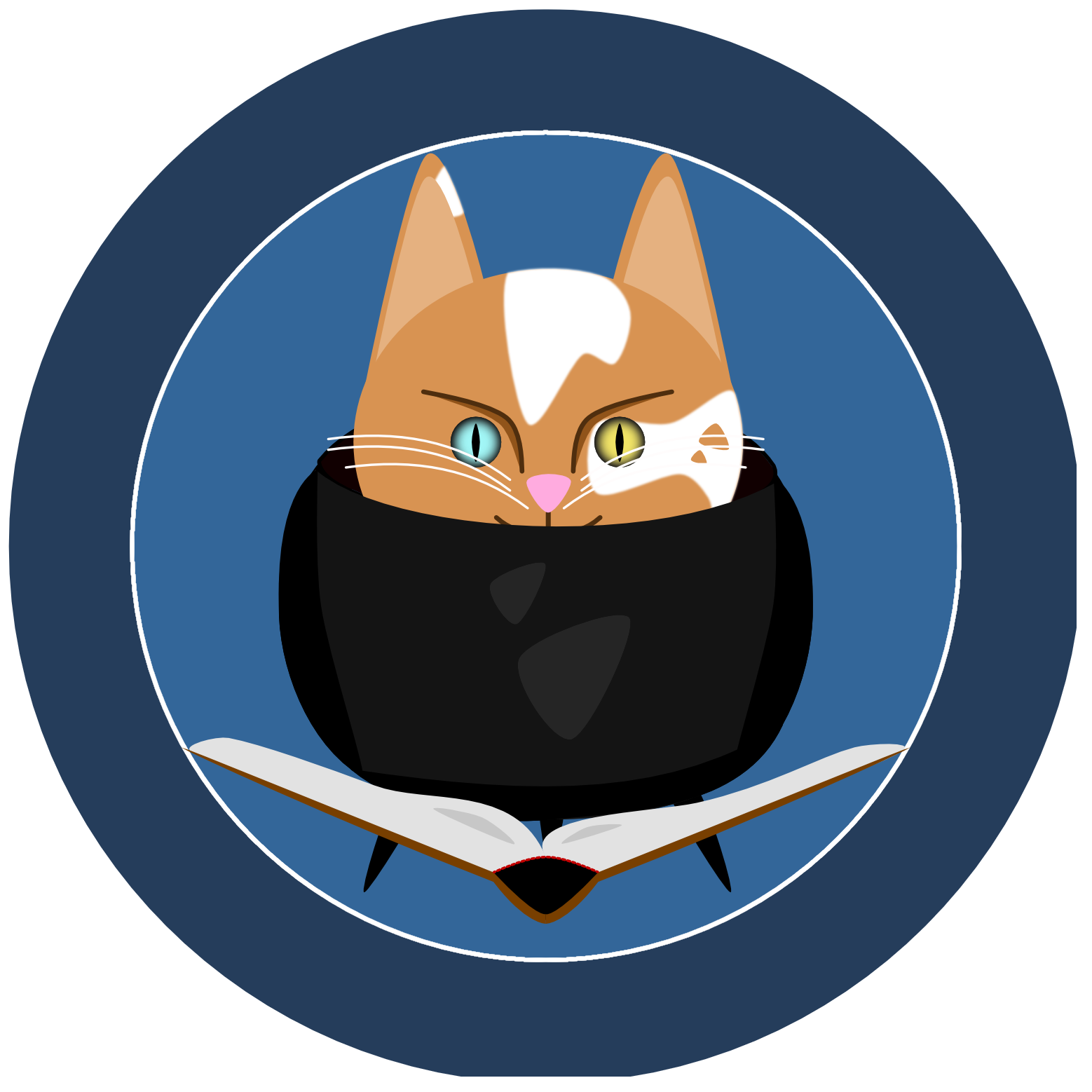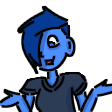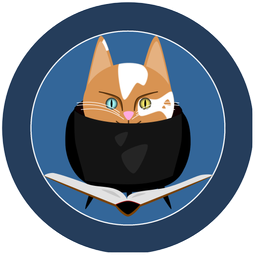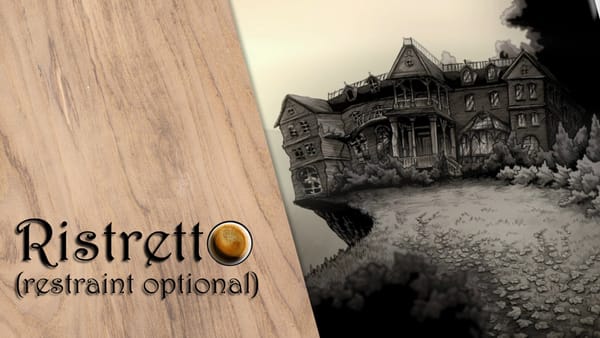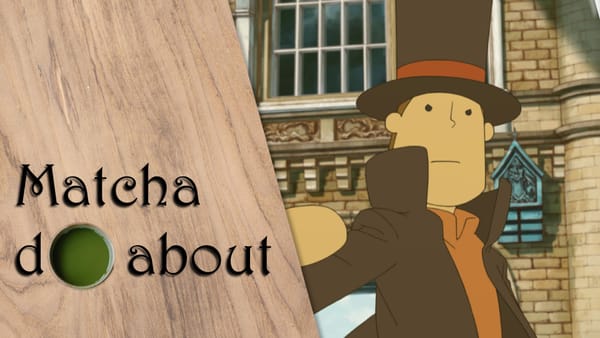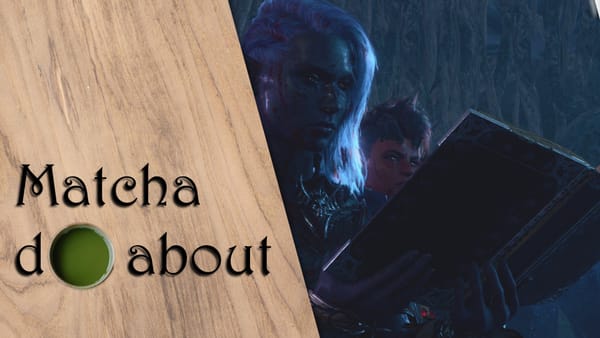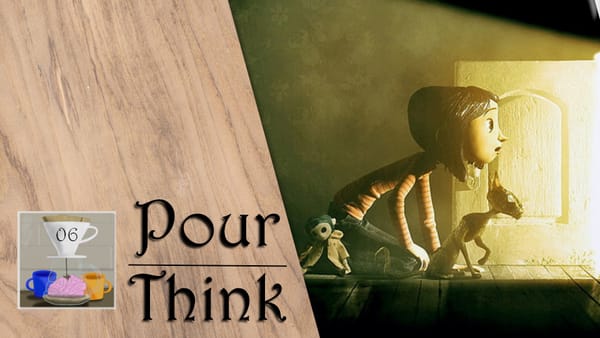PoT: The Reader's Dilemma
What does it mean to read? What are we even reading, and why do we care so much about that fact in the first place? We're covering the random devaluation of a format, personal preferences, and the importance of diversification.
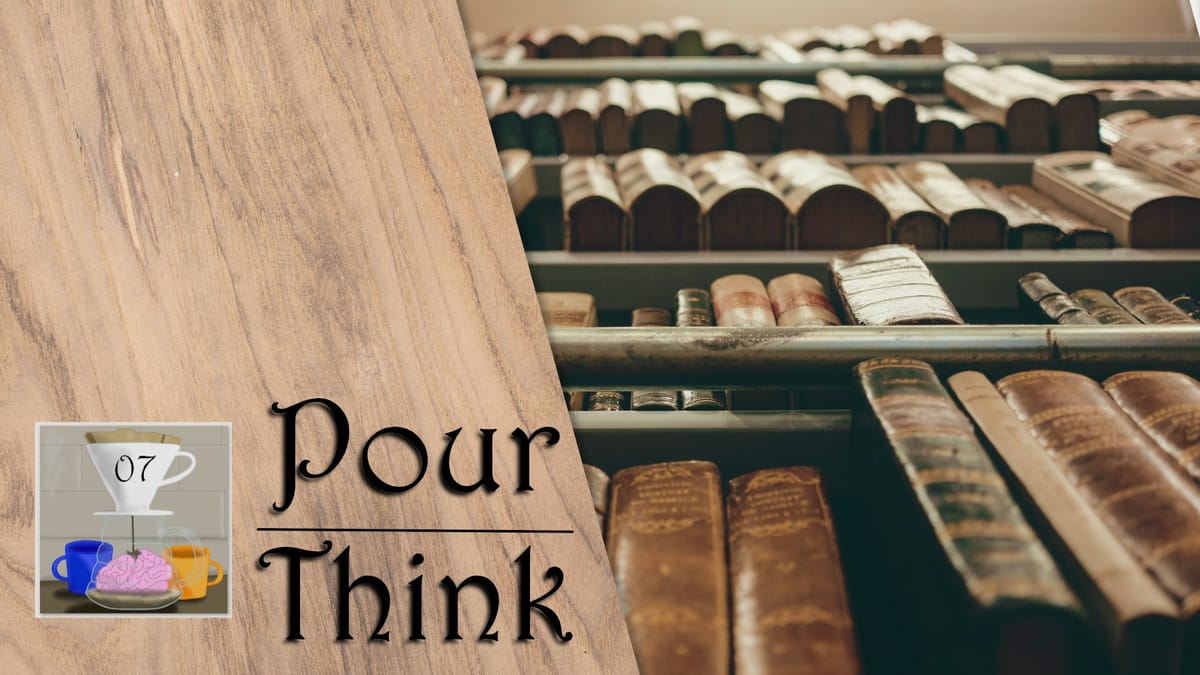
Books! They've certainly turned into a topic that is hard to put aside. We can blame Mischief for that, as they started the discussion with their article covering their reading journey in 2023.
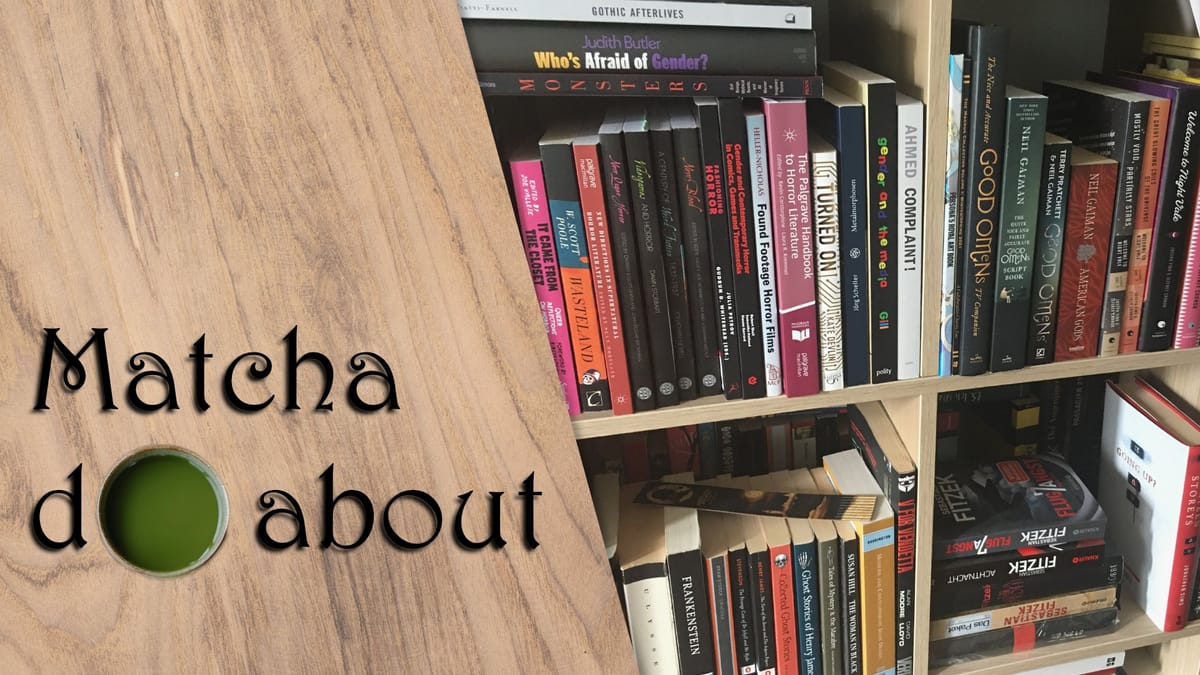
"The Article that gave rise to this Episode 😄" - Sherigan
This month's episode of PourOverThink is another attempt at analysing the current reading climate. Our jump-off point remains the Goodreads Reading Challenge and its glaring issue that had been left previously unsaid: "Isn't an attempt at reading more quickly implying that one would engage less with the text itself?" We then move on to two rather simple questions: "Do we like to read?" and "What do we read for fun?".
This type of conversation naturally lead to our own experiences regarding "falling off" reading as a hobby, which was mostly due to the fact that both of us ended up having to constantly read for work. At some point it seemed too much to then also read for fun afterwards...
Now, we've ended up calling this episode "The Reader's Dilemma", mostly because we ended up returning to the inherent values given to certain formats, as well as the devaluation that other texts might receive simply due to their format. While approaching fanfiction we discuss topics such as: adaptation, character analysis, and the potential flanderisation of both character and story.
However, fanfiction isn't the only format that often gets devalued. Sherigan brings up how other formats such as comics and manga were often victim of devaluation due to a seemingly often accepted notion that these are just 'for children'.

We end up arguing that what many seem to miss is that neither comics nor manga can be typecast as a genre that'd be defined solely as: for children. They aren't a genre in itself, they are a format that can include a multitude of genres and be geared towards all age groups. Luckily, this initial stigma seems to be challenged more and more, and recently it has been noted that manga sales have been flourishing in Switzerland.
Swiss Media SRF Impact recently reported that Manga sales have almost quadrupled in the past five years.
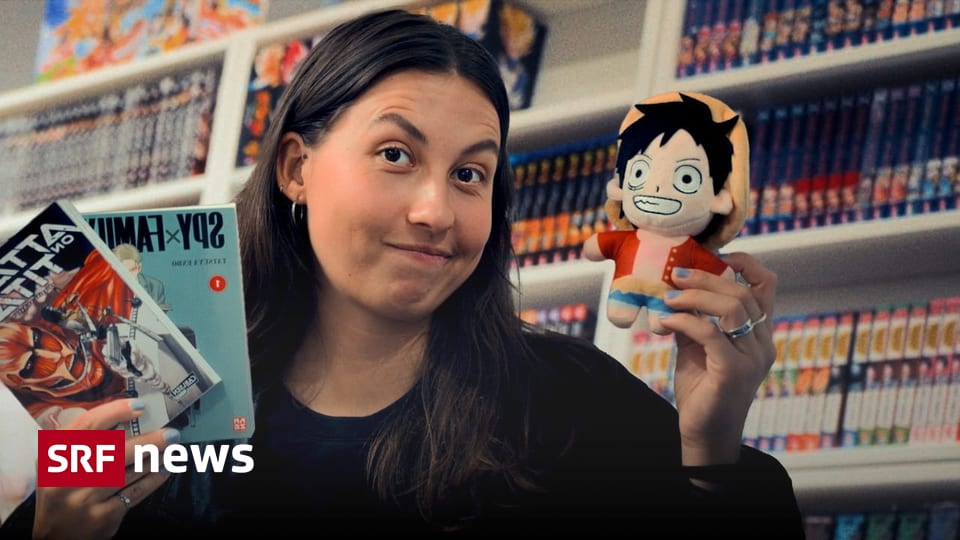
Article about "Japan Hype" in Switzerland (German)
As we move on, we decided to focus on these arbitrary lines that people use to separate their notions of what should be regarded as "reading". How devaluation of a format can heavily influence people's arbitrary lines, and how this conflict between "highbrow" and "lowbrow" reading ends up ruining people's overall enjoyment of reading in itself. This form of gatekeeping is quite frustrating and something we both agreed was detrimental for anyone who wishes to get back into reading. Mischief argues for the importance of diversification and trying something outside of one's niche, but also states that it is ok to not like a specific type of fiction or non-fiction. This then lead to a quick discussion of our own personal biases. Where would we draw our arbitrary lines, and why? Naturally, these lines aren't worth much at all, but it was a fun exercise as a means to look into our own biases and to then immediately receive feedback that exemplified how different these biases could be.
Lastly, we ended this fun discussion talking about our current reads and recommendations to round the episode off:
Sherigan's been reading the manga The Apothecary Diaries by Natsu Hyuuga, which seems to be in many ways better than its anime adaptation. Especially since the manga refrains from character assassination simply for fan service.
Sherigan also highly recommends Age of the Five by Trudi Canavan to any fantasy fans that are intrigued by the question: What if Gods were real and societies formed around worshipping them? Do not read the blurbs, they spoil things. Just start with "Priestess of the White". You'll know pretty quickly whether you like it or not. You can read the first chapter on Trudi Canavan's website.

The first chapter of "Priestess of the White"
Meanwhile, Mischief's been reading Tim o'Brien's The Things They Carried, a book about a group of American soldiers during the Vietnam War. While the book is certainly fiction, he uses it expertly to infuse it with as much truth of the war as he could have. It's an interesting work, which will have you re-think many other war-themed-pieces.
We'd be curious to know: Have you struggled with these things? What have you been reading recently that you'd recommend? Let us know in the comments.
Image source: Photo by Cristina Gottardi on Unsplash
Intro-Music by aaroncookmusic “Lo-fi Jazz Chill Cafe” on audiojungle.
Background-Music by HotLoops “Lo-Fi Jazz Soul Loop” & “Lo-Fi Jazz Hop” on audiojungle.
Store Bell Sound effect by 'Sounds and Bells' on YouTube
Glass/Mirror SFX from Slay the Princess by BlackTabbyGames.
"Record Needle Rip" by freesound_community on pixaby.
